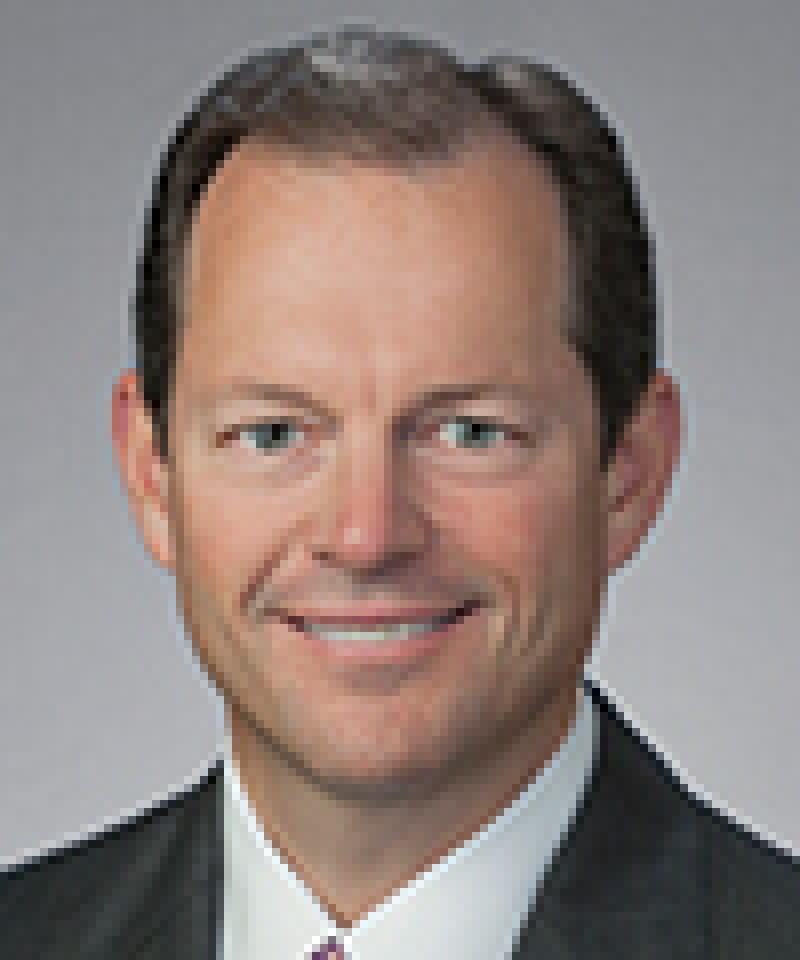On March 30 2018, the Internal Revenue Service (IRS) Advance Pricing and Mutual Agreement (APMA) Programme issued its annual report on advance pricing agreement (APA) statistics for 2017, in Announcement 2018-08. The highlights include:
The number of executed APAs in 2017 was 116 – compared to 86 in 2016, 110 in 2015, 101 in 2014, and 145 in 2013;
The median completion time for unilateral and bilateral APAs was 33.8 months for new and renewed APAs combined, which is a slight increase compared with the previous year. However, new bilateral APA completions, at 46.9 months, were on average 3.6 months faster than in 2016;
APAs with Japan (57%) and Canada (16%) comprised 73% of all bilateral APAs executed in 2017, which is consistent with previous years;
Of the APAs executed in 2017, 59% featured transactions between a foreign parent and a US subsidiary, slightly less than in 2016;
For APAs executed in 2017, the comparable profits method/transactional net margin method was used in 87% of APAs involving tangible and intangible property and 86% of APAs involving services. By far the most commonly used profit level indicator was the operating margin;
The number of completed APA applications rose from 98 in 2016 to 101 in 2017. However, dollar filings, in which the user fee is paid before completion of the application, rose from 17 to 37;
The percentage of bilateral APA requests with India fell from 34% in 2016 to 21% in 2017. APA requests with Japan rose from 31% to 38% of all bilateral applications, which is consistent with pre-2016 levels;
The number of APAs withdrawn was eight during 2017, compared to 24 in 2016 and 10 in 2015; and
The number of APAs executed in 2017 (116) surpassed the number of complete applications filed (101, excluding dollar filings).
The authors' impressions of the APA statistics include: (1) APA resolutions are up, and new bilateral APA resolutions took less time on average, suggesting the IRS is working effectively with treaty partners; (2) Dollar filings have risen substantially, likely in response to an anticipated user fee increase; (3) APAs withdrawn have returned to historic levels after an increase in 2016 due to the prior use fee increase; and (4) Japan continues to account for a substantial portion of APAs executed and filed, while India filings fell after a surge in 2016, likely because taxpayers were waiting to see the first fruits of US–India negotiations.
However, existing trends are unlikely to continue in 2018. Looming incremental user fee increases in June and December will likely spur APA applications. At the same time, US tax reform will have substantial effects. Rarely used features of the APA process, such as the ability to use an APA to re-characterise the classification of expenses, may rise to prominence in light of the cost of goods sold exemption from the base erosion and anti-abuse tax (BEAT). On the whole, the need for taxpayers to determine the impact of US tax reform may slow down the APA process, and possibly create friction in bilateral APA negotiations.

|

|
Mark Martin |
Cameron Taheri |
Mark Martin (mrmartin@kpmg.com), Houston, Cameron Taheri (ctaheri@kpmg.com), Washington, DC, and Thomas Bettge (tbettge@kpmg.com), Houston KPMG LLP
Tel: +1 713 319 3976; +1 202 533 3384; +1 713 319 2173
Website: www.us.kpmg.com













